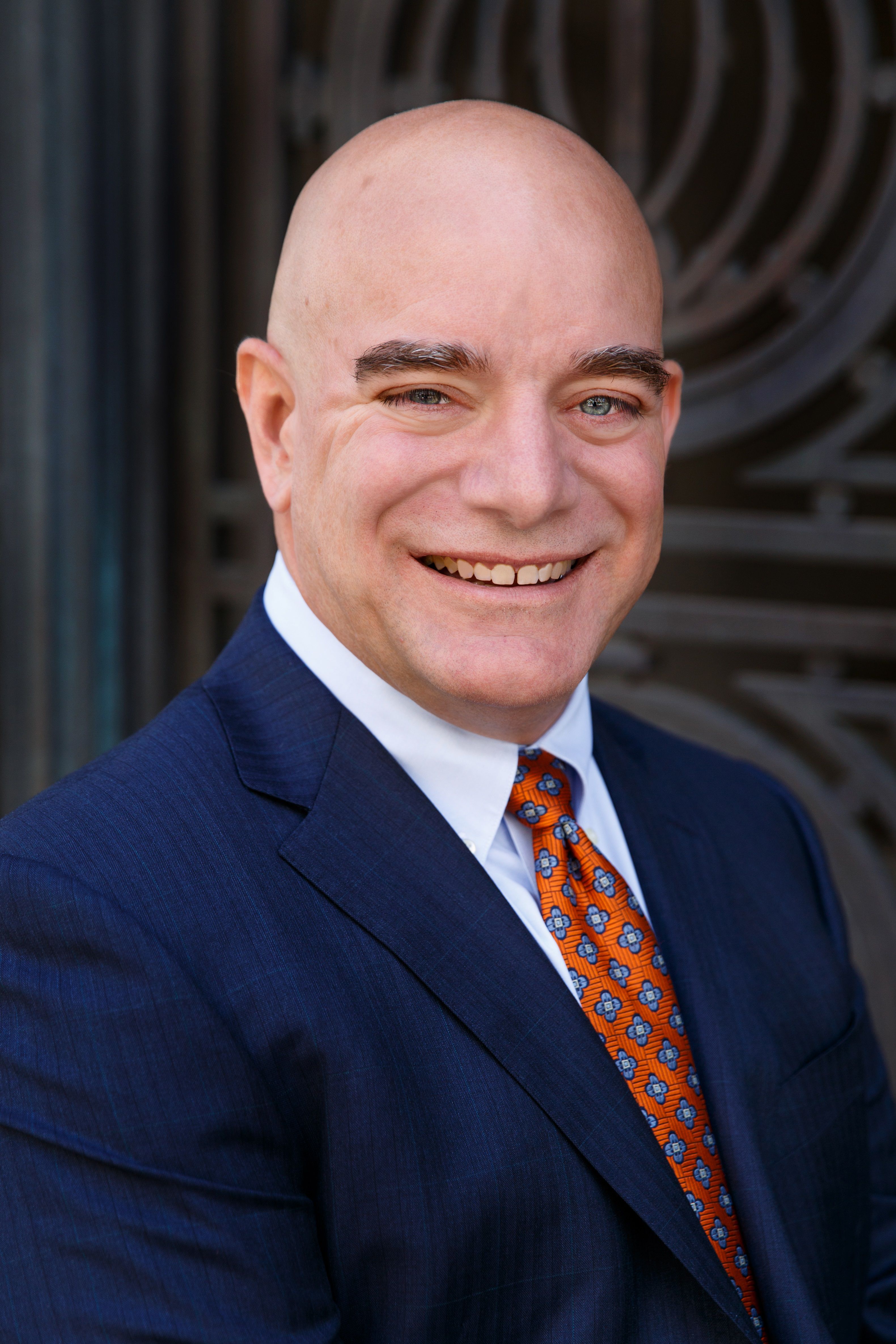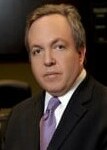
Eileen Epstein Carney
Eileen is involved in the firm’s securities practice and has over a decade of experience in the legal world. She received her law degree from American University in 2005.

GPB funds lost up to 73% of their value; GPB sued for running a $1.7 billion Ponzi-like scheme
We represent investors who have lost money in GPB Capital Funds. GPB has admitted that its funds plummeted in value by as much as 73%, dividends haven’t been paid to investors for months, and redemptions have been suspended.
On February 4, 2021, the Securities and Exchange Commission (SEC) filed a lawsuit against GPB officials for allegedly running a $1.7 billion Ponzi-like scheme and defrauding nearly 17,000 investors, and the Department of Justice indicted three officials affiliated with GPB Capital for fraud.
If you invested in a GPB Capital fund, including GPB Automotive Portfolio and GPB Holdings II, you may have a claim. Our GPB Lawyers have successfully recovered money for GPB investors. Get a free and confidential consultation today.
Recover Your GPB Losses
Contact us for a free consultation.
On February 4, 2021 the SEC filed a GPB lawsuit against GPB Capital, GPB officials, and affiliated entities with defrauding over 17,000 investors in a $1.7 billion Ponzi-like scheme. According to the complaint, the “aura of success” GPB portrayed to its investors was an illusion.
As stated by the SEC, GPB ran a Ponzi-like scheme by using investor funds to pay distribution payments to other investors. GPB Capital allegedly manipulated its financial statements to give the “false appearance” to prospective investors that its companies were generating enough income to cover the promisingly high distribution payments. In reality, GPB hasn’t paid distributions to investors since 2018, and has suspended all redemptions. According to the SEC complaint, “GPB Capital’s assets are far below its obligations to the investors.”
The SEC complaint charges the following individuals and organizations with fraud:
The complaint also alleges that GPB Capital and Ascendant Capital made misrepresentations and omissions in their offering and marketing materials regarding millions of dollars in fees and compensation received by GPB officials, and that GPB violated whistleblower protection laws.
According to the SEC filing:
Since its founding in 2013, GPB Capital has raised in excess of $1.7 billion for at least five limited partnership funds from approximately 17,000 retail investors nationwide, approximately 4,000 of whom are seniors… The fraudulent scheme continued for more than four years in part because GPB Capital kept investors in the dark about the limited partnership funds’ true financial condition.
Our award winning GPB Lawyers are currently taking cases on behalf of investors defrauded by GPB Capital. Get a free and confidential consultation today.
On February 4, 2021, the U.S. Department of Justice announced the indictment of David Gentile, Jeffry Schneider, and Jeffrey Lash. According to Wealth Management, the three GPB affiliates were arrested and could face up to 20 years in prison.
The Department of Justice Press Release quotes FBI Assistant Director-in-Charge Sweeney:
As alleged, the defendants misrepresented the holdings of GPB Capital through deceptive marketing practices, luring investors with promises of monthly distributions that would be covered by funds from the investments and not drawn from underlying invested capital. As we allege today, however, this was all a lie. In truth, a significant portion of GPB’s distributions were paid directly from investor funds.
Seven state securities agencies have also filed actions against GPB. These regulatory filings include civil complaints from Alabama, New York and New Jersey, and administrative proceedings from Georgia, Illinois, Missouri and South Carolina, with help from Texas, according to Wealth Management.
Many GPB investors are still in the dark about the status of their investment. Below is a full timeline of events resulting in an FBI raid and SEC investigation into GPB Capital investments. For more information on these events, visit our GPB Investment News page:
Many GPB funds have been affected by the company’s fraudulent actions. GPB even suspended redemptions for many funds, including:
Many people are speculating that GPB may be a Ponzi Scheme after GPB’s former business partner, who helped it purchase car dealerships, has accused the company in court filings of running a Ponzi scheme.
According to InvestmentNews, the business partner’s complaint accused GPB of using investor’s funds to “prop up” the performance of GPB’s auto dealerships and finance payments to other investors.
Then, in November of 2019, InvestmentNews reported that another lawsuit was filed accusing GPB of operating a Ponzi scheme. The new GPB Ponzi scheme lawsuit, filed in federal court, claims that GPB illegally used investors’ funds to pay other investors’ dividends.
According to the Portland Press Herald,
The lawsuit alleges GPB Capital failed to inform investors in advance that the dividends were not being paid out of profits from portfolio businesses owned by the company, such as auto dealerships and waste management firms, as would be expected for a legitimate investment fund.
In May of 2020 the Massachusetts Securities Division filed a complaint against GPB Capital alleging that that company provided misstatements to investors regarding its payment of distributions. According to the complaint, GPB may have been using investor funds, instead of operational profits, to pay distributions. This may be similar to a ponzi-scheme, which uses money from new investors to pay off earlier investors.
In Ponzi schemes, the investors who try to get out the earliest often receive more compensation than the ones who get out last, or don’t get out at all. These investments are inherently unstable and often result in substantial investor losses. While similar, a Ponzi scheme is not the same as a Pyramid scheme. Visit our Pyramid Schemes vs Ponzi Schemes page to learn more about what makes ponzi schemes so unique and dangerous.
Our GPB Lawyers have filed a number of individual lawsuits on behalf of GPB investors
According to Investors’ Watchdog, some GPB investors may have taken on more risk in their portfolios than they could afford. The company reports:
GPB investments are definitely not suitable for everyone, so I hope the siren song of high commissions doesn’t lead brokers to pitch GPB investment programs—like GPB Automotive Portfolio or GPB Holdings II—to retired schoolteachers and other investors who can’t afford a lot of risk.
Financial advisor and stock broker misconduct is not uncommon and can significantly harm investors. A good financial advisor or stockbroker should understand your circumstances as an investor and recommend only suitable financial products for your age, goals, investment experience, and desired level of risk. But negligent financial advisors will sometimes steer investors into risky or unsuitable investments to obtain higher commissions.
InvestmentNews reports that broker dealers had incentive to sell GPB private placements due to high GPB commissions- as high as 9.3%.
Some of the brokers that sold GPB placements include:
If your financial advisor placed you in a GPB Capital Fund you may be able to recover your losses. Contact our GPB lawyers today for a free case evaluation.
We have heard reports that many GPB investors were also placed in other risky investments by their stockbrokers or financial advisors. These risky private placements include non-traded real estate investment trusts (REITs) and business development corps (BDCs).
A few of the risky investments commonly seen with GPB investors include:
Many investors in the funds listed above are reportedly stuck in their non-traded REITs.
If you were placed in a GPB investment and also experienced REIT fraud, you may have a substantial claim. Speak with an experienced securities lawyer to learn more about your options.
Gibbs Mura has filed a number of individual claims against the stock brokers and investment advisors that sold GPB investments.
AutoNews featured our colleagues at Silver Law Group for their work filing an arbitration claim on behalf on a client who invested $450,000 in GPB’s automotive fund. The article quotes Scott Silver:
My clients are mom and pop investors who were basically told that this was a company with a strong historical track record investing into automotive dealerships that would provide them with a good stream of income. And over the last six months, there’s been a domino effect of stories coming out that have the clients really concerned.
Silver Law Group also filed the first arbitration claim against SagePoint Financial on behalf of a GPB investor who had $400,000 invested in GPB’s Automotive Fund. Scott Silver was quoted about his client’s claims in InvestmentNews:
There was a lack of due diligence. Clients were assured that the assets were strong, their principal was secure and the private placements would provide an income stream for years to come.
Invested in GPB Funds?
Our securities lawyers have recovered over a billion dollars on behalf of our clients against behemoths, such as Chase Bank, Mastercard, and Anthem Blue Cross Blue Shield. Read more about our results.

“My in-laws lost their retirement funds to a dishonest broker. Silver Law Group and Scott Silver aggressively pursued their losses until he got their money back.”
-Silver Law Group client, Ben M.

“You and your entire staff have been wonderfully organized, professional and a delight to hear from. Usually that is not the case when dealing with legal matters – but you guys (gals) rock.”
-Gibbs Mura client, Amy
Federal judge in our AT&T class action:
“I’ve always found them to be extraordinary counsel in terms of their preparation and their professionalism.”
Federal judge in our Chase lawsuit (resulting in $100 million settlement):
They “fought tooth and nail, down to the wire” to achieve “the best settlement that they could under the circumstances.”
Read more about what judges say about us.
 Scott Silver
Scott SilverScott focuses his law practice on securities arbitration and litigation and plaintiff-side class action litigation, representing individual investors and institutions in claims against brokerage firms, investment advisors, commodities firms, hedge funds and others.

Eileen is involved in the firm’s securities practice and has over a decade of experience in the legal world. She received her law degree from American University in 2005.

David’s advocacy has generated major recoveries for consumers impacted by financial fraud. He was named to the Top 40 Under 40 by Daily Journal and a “Rising Star in Class Actions” by Law360.

Amanda is spearheading a securities lawsuit against NantHealth concerning fraudulent statements to investors about the success of its key product.
Gibbs Mura’s financial fraud and securities lawyers have more than two decades of experience prosecuting fraud. The firm has successfully litigated against some of the largest companies in the United States, and has recovered more than a billion dollars on clients’ behalf.
Gibbs Mura attorneys have fought some of the most complex cases brought under federal and state laws nationwide, and have been recognized with numerous awards and honors for their accomplishments, including Top 100 Super Lawyers in Northern California, Top Plaintiff Lawyers in California, The Best Lawyers in America, and rated AV Preeminent (among the highest class of attorneys for professional ethics and legal skills).
Silver Law Group is a team of securities lawyers, forensic accountants, and support staff who are dedicated to helping investors recover losses through securities arbitration and litigation.
The firm is led by Scott Silver, a former Wall Street defense attorney who has been representing customers in securities and investment fraud cases since 2002. Scott is admitted to practice in New York and Florida and the firm’s FINRA arbitration attorneys represents investors nationwide.